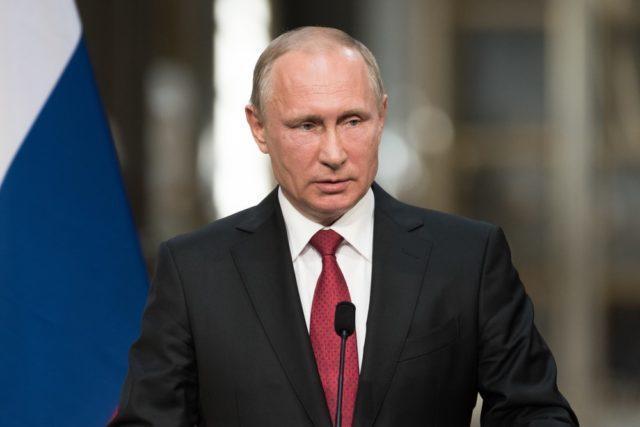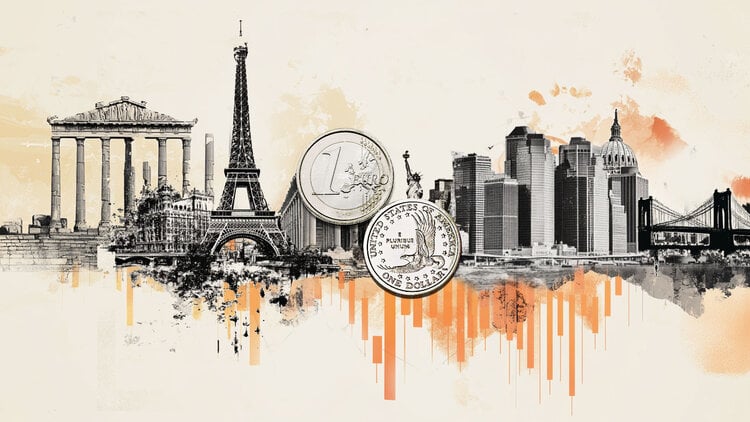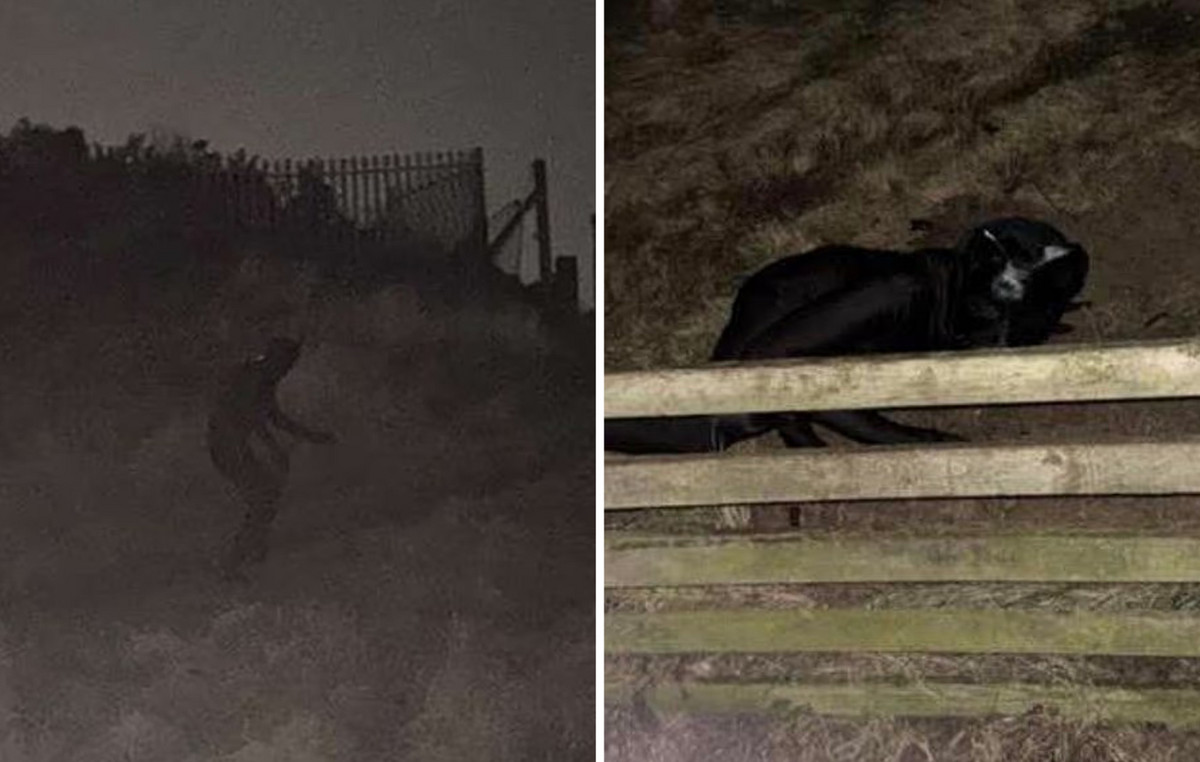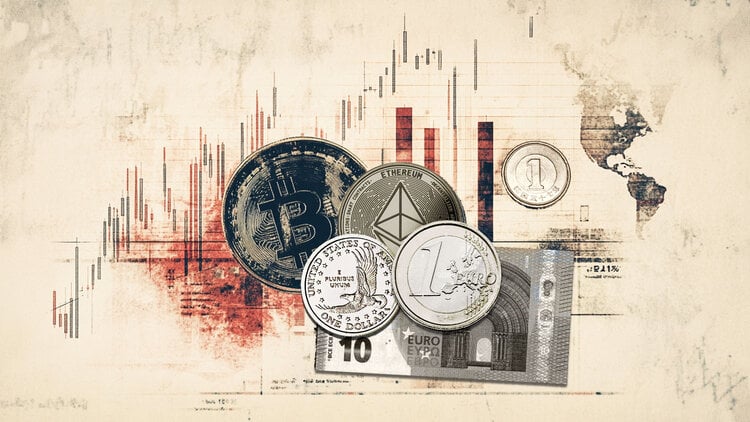Alexei Navalny was Russian President Vladimir Putin's main opponent for years, denouncing alleged cases of corruption in the government and directly criticizing the head of state.
Imprisoned since 2021, his death was announced by the Russian prison service this Friday (16). According to authorities, Navalny had a sudden illness after a walk.
They also highlighted that doctors tried to revive him for around half an hour, but without success, and that they are investigating the case.
Learn more about how Navalny became Putin's main opponent below.
Fight against corruption
Alexei Navalny rose to prominence in 2008, exposing corruption in Russian state-owned companies. Three years later, in 2011, he appeared as a leader of protests against alleged fraud in parliamentary elections.
He was arrested a few times during his life, including in 2013 when he was preparing to run in the Moscow mayoral election. Navalny denied the accusations he received, saying they were politically motivated.
In 2017, a week-long trial barred him from running in another election, this time for the Presidency, against Vladimir Putin.
In the same year, Navalny was attacked by a “green antiseptic fluid”, which caused vision damage in his right eye and turned his skin temporarily green.
A year later, in 2018, in an interview with Matthew Chance, from CNN, Putin's main opponent told what kept him moving forward.
“The choice is very simple. Either you stay scared, or you move on. I chose to move on a long time ago. I’m not going to give up my country, I’m not going to give up my civil rights,” she explained.
These rights were used to call his millions of social media followers to protest, putting him in the Kremlin's crosshairs.
In another interview in 2018, he stated that “corruption is not just Putin, even if he is the base. He is a man who rules openly with the help of corruption.”
Poisoning
In 2020, he suddenly fell ill while on a flight in Russia. After an appeal from the international community, he was released to Germany, where they discovered he was poisoned with a chemical nerve agent called Novichok.
A joint investigation by CNN and the group Bellingcat discovered that, for years, Putin's opponent was tracked by agents from the FSB, the Russian Federal Security Service. The Kremlin denies any involvement in the case.
Resumption of the fight against Putin
After the assassination attempt and being placed in a medically induced coma, Alexei Navalny resumed his fight, this time, with even more vigor.
While recovering in Germany, he conducted a raid against an FSB agent, convincing him to detail in a phone call how Novichok was used against him. The content was posted on his YouTube channel.
Shortly afterwards, Navalny posted a video of what were supposed to be images of “Putin's palace”, a mansion on the Black Sea estimated to be worth more than a billion dollars. Putin denied that the mansion was owned by him or his family.
Return to Moscow and arrest
In January 2021, he returned to Moscow after receiving medical treatment in Germany and was immediately arrested on probation charges related to a 2014 case.
Navalny was sent to a penal colony, where he went on hunger strike after allegedly being prevented from receiving adequate treatment.
At the end of 2023, the international community raised concerns about the whereabouts of the Russian opponent. In mid-December, Russian authorities reported that he was being transferred from prison.
Source: CNN Brasil
Bruce Belcher is a seasoned author with over 5 years of experience in world news. He writes for online news websites and provides in-depth analysis on the world stock market. Bruce is known for his insightful perspectives and commitment to keeping the public informed.







